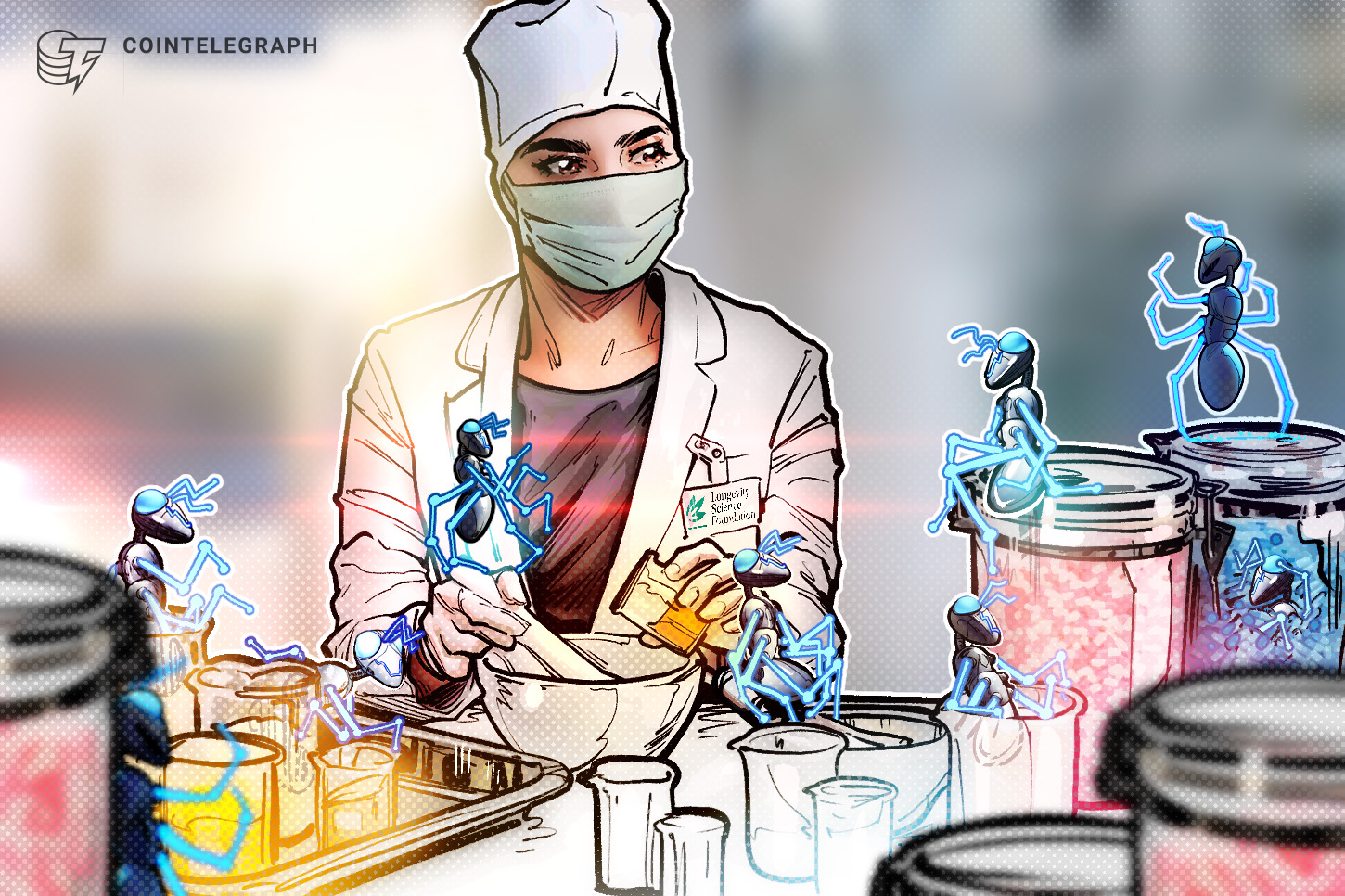Pharmacy visitors expect quick service – to have their prescription filled quickly, or over-the-counter remedy purchased in just a few minutes. In this rapid interaction, little thought goes to the journey of that medicine from a microscope slide to mass production.
In reality, the drug discovery process is incredibly time and research-intensive. Despite significant advancements in manufacturing and discovery, the average time to bring a drug from the initial stage to market is 10-15 years and costs millions of dollars.
Emerging technologies are transforming healthcare and drug discovery. Artificial intelligence, for example, is doing the “dirty work” of drug discovery by running simulations of drug efficacy instead of timely trial-and-error testing. Blockchain secures healthcare records and connects patients with new clinical trials. AR and VR tools help patients overcome phobias and fear during medical treatments. AI will help future drugs reach the market (some believe this can be cut down to just five years!), delivering life-changing results for illness sufferers worldwide.
The biggest obstacle to achieving these changes and this tech going mainstream? Us, the patients. We all need to understand the power and promise of these technologies and push for them – or, at least, not fear them.
Supporting AI and blockchain in the healthcare sector
There’s a popular image going around on social media that reads, “AI will not replace jobs. People using AI will replace people’s jobs.” With its easy-to-use interface, ChatGPT is showing people how AI might look in our day-to-day lives. One thing you probably can’t ask the chatbot for? A new compound for a pill to cure deadly diseases. And that’s good because AI applications in medicine should be managed by professionals.
These professionals have known about the power of AI for years, working behind the scenes to develop real use cases. Insilico Medicine brought its knowledge into the spotlight when it announced its “sixth-generation” robotics laboratory in early January. Sixth-gen status means the lab is fully automated, with robotics and AI algorithms conducting target discovery, compound screening, precision medicine development, and translational research.
You may be wondering, what does fully automated mean for the scientists previously doing these jobs at Insilico? It’s just as the image I mentioned earlier suggests: by integrating technology and speeding up processes, researchers can focus on the “human” side of their work. They are free to focus on critical tasks like clinical trial development and side effect studies because they know technology handles the rest. Ask anyone in biotech: AI is now foundational to drug discovery,
AI-native Insilico Medicine is no stranger to this emerging tech. In 2019, the company partnered with clinical trial startup Longenesis and a South Korean medical center to create a blockchain-powered health data management tool. They designed the platform to protect patient information and comply with guidelines like the Health Insurance Portability and Accountability Act (HIPAA) and General Data Protection Regulation (GDPR). Patients may have known these guidelines existed but did not understand how to manage their data effectively. In contrast, blockchain technology brings these regulations to life, empowering patients to manage their privacy and monitor their data. That’s where the future of health tech lies, at patients’ fingertips.
Calling all patients: Healthcare transformation is in your hands
One of the lasting takeaways from COVID-19 was how crisis catalyzes breakthroughs. When faced with a common threat, scientific collaboration was not just a feel-good initiative–it was a dire mandate. The results were astonishing and historic. Scientists from around the globe used existing research to produce a vaccine in just a year, remarkably faster than the typical 5-10 year vaccine development timeline.
The breakthroughs continued after vaccine distribution. Scientists today are applying the mRNA technology used in COVID jabs to develop new vaccines. Their targets? Devastating and hard-to-treat diseases like colorectal cancers and Lyme. AI and other technologies will help accelerate this process and propel this innovation forward, supporting researchers to change (and save) lives.
2020 also taught us that public health matters for everyone. The onslaught of COVID brought concepts like mRNA and cytokine storms into daily life as people tuned into news reports and scientific publications to stay informed. This trend needs to continue. We have a responsibility to stay educated about healthcare breakthroughs as they impact us immeasurably. I cannot stress this enough: to take advantage of the future of medicine, you need to keep an open mind.
I have complete faith in the crypto community to take this to heart. We’ve seen the technology behind Bitcoin redefine the digital art world with NFTs. We’ve witnessed DAOs revamp how teams manage projects. We’ve raised money for the world’s most important causes using decentralized tech. Now, it’s time for us to explore the next frontier of health. Scientists are building a future where AI-discovered medicines, virtual appointments and psychedelic mental health treatments will be the norm. Are you ready to be part of it?
The scientific community came together before to deliver life-changing research, and it is time for us to rally again in support of a more digital future of health. I encourage you to donate to research organizations, get smart on health tech and explore what artificial intelligence and personalized medicine could mean for your personal care. Resources are available across the web, and joining communities like nonprofits, DAOs and Discord chats is a great place to get started. In conclusion: technology can and will transform our health. It’s up to us to bring this transformation to life.


